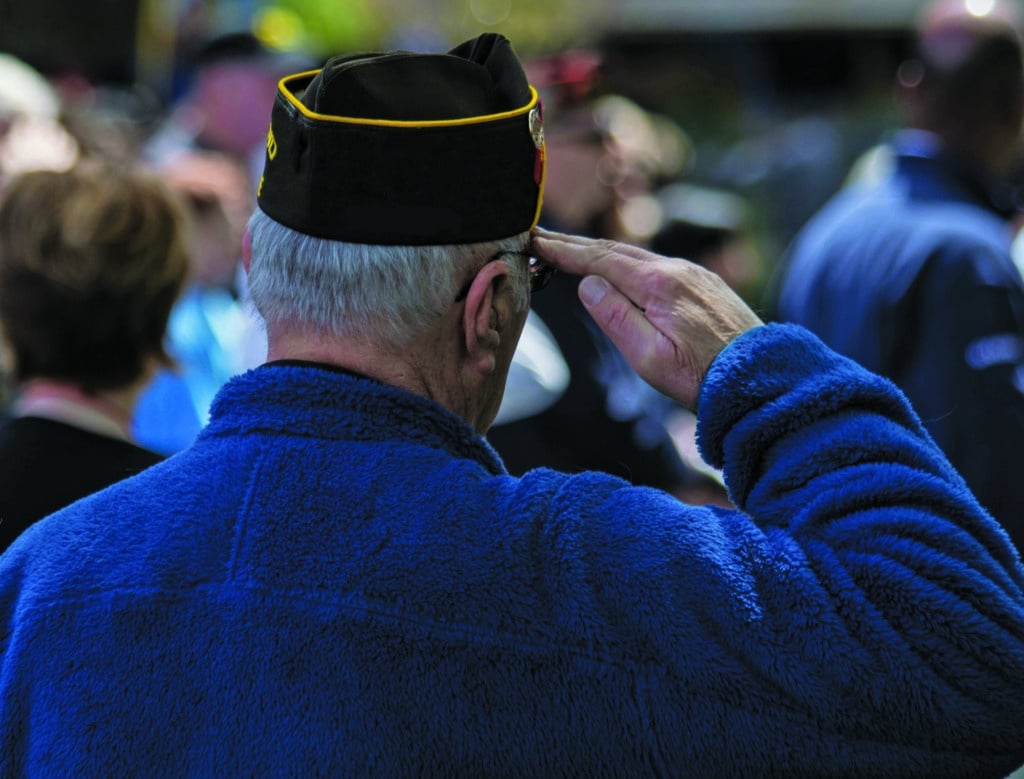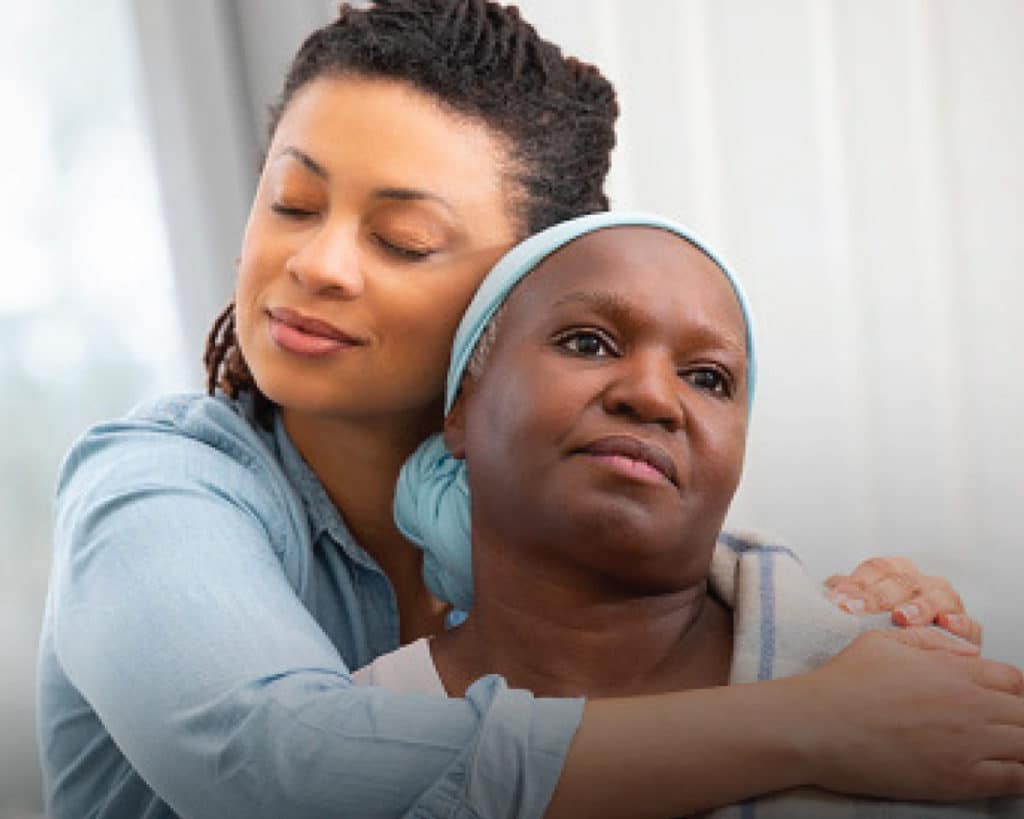Cancer & Hospice & Hospice
Hospice Care helps people living with cancer who may no longer benefit from curative treatments.
Qualifying for Hospice Care
You or your loved one may qualify for hospice care if:
The cancer has spread (metastasis)
- The cancer has spread to other parts of the body, either at diagnosis or during treatment.
- Some cancers, like brain, pancreatic, or small-cell lung cancer, may qualify for hospice care right away because they are very advanced, typically stage III or IV.
Treatment isn’t working or has stopped
- The cancer continues to worsen despite treatments like chemotherapy or radiation.
- The patient chooses to stop treatments aimed at curing the disease and focuses on comfort instead.
General decline in health
- Significant weight loss or malnutrition.
- Growing dependence on others for daily tasks like eating, dressing, or bathing.
- Worsening overall health and reduced ability to function.
Hospice Care helps ensure that you or your loved one is as comfortable as possible, focusing on symptom relief, emotional support, and quality of life. If you’re unsure, a hospice team can help assess if now is the right time to start care.

How Hospice East Bay helps people living with Cancer & Hospice
Support for Patients
Support for patients
Relieving symptoms
- Providing medications to ease pain, nausea, and breathing problems caused by cancer.
- Manages symptoms like confusion or headaches if the cancer has spread to the brain.
- Helps alleviate anxiety, restlessness, or discomfort during advanced stages.
Medical support and equipment
- Supplying hospital beds, wheelchairs, or other tools to improve comfort and mobility.
- Covering medications for pain, anxiety, or other symptoms, ensuring patients have what they need.
- Offering feeding tube support for those with mouth or throat cancer to ensure nutrition.
Personalized care
- Assisting with daily activities like bathing, dressing, and wound care as patients become more dependent on others.
- Providing guidance on managing specific cancer-related symptoms, such as swelling, bleeding, or infections.
Bruns House
- Our Bruns House inpatient facility provides short-term intensive treatment in a homelike setting for management of uncontrolled symptoms.
Support for Families & Caregivers
Education
- Helping families understand how cancer progresses and what to expect during end-of-life care.
- Teaching caregivers how to give medications, use special equipment, or manage feeding tubes safely.
- Providing tips for preventing bedsores and keeping loved ones comfortable.
Emotional and practical support
- Offering counseling to help families cope with the emotional challenges of caregiving and anticipatory grief.
- Providing 24/7 access to hospice staff for questions, emergencies, or reassurance.
Caregiver assistance
- Guiding families on how to manage daily care, including organizing medications and ensuring safe, effective caregiving.
- Connecting families to additional resources, such as spiritual care or social workers, for holistic support.
Hospice Care
The focus of hospice care is to ensure the comfort of every patient during their final stages of life.
How Hospice East Bay helps people living with Cancer & Hospice
Support for Patients
Support for patients
Relieving symptoms
- Providing medications to ease pain, nausea, and breathing problems caused by cancer.
- Manages symptoms like confusion or headaches if the cancer has spread to the brain.
- Helps alleviate anxiety, restlessness, or discomfort during advanced stages.
Medical support and equipment
- Supplying hospital beds, wheelchairs, or other tools to improve comfort and mobility.
- Covering medications for pain, anxiety, or other symptoms, ensuring patients have what they need.
- Offering feeding tube support for those with mouth or throat cancer to ensure nutrition.
Personalized care
- Assisting with daily activities like bathing, dressing, and wound care as patients become more dependent on others.
- Providing guidance on managing specific cancer-related symptoms, such as swelling, bleeding, or infections.
Bruns House
- Our Bruns House inpatient facility provides short-term intensive treatment in a homelike setting for management of uncontrolled symptoms.
Support for Families & Caregivers
Education
- Helping families understand how cancer progresses and what to expect during end-of-life care.
- Teaching caregivers how to give medications, use special equipment, or manage feeding tubes safely.
- Providing tips for preventing bedsores and keeping loved ones comfortable.
Emotional and practical support
- Offering counseling to help families cope with the emotional challenges of caregiving and anticipatory grief.
- Providing 24/7 access to hospice staff for questions, emergencies, or reassurance.
Caregiver assistance
- Guiding families on how to manage daily care, including organizing medications and ensuring safe, effective caregiving.
- Connecting families to additional resources, such as spiritual care or social workers, for holistic support.
Bruns House
Our Bruns House inpatient facility provides short-term intensive treatment in a homelike setting for management of uncontrolled symptoms.
Support for Veterans

- Hospice East Bay’s Veteran-Centered Care program helps veterans living with cancer by addressing the unique challenges they may face, such as navigating the VA healthcare system, and ensuring they have access to programs that provide caregiver support and compensation.
- Veteran-Centered Care guides veterans through discussions related to their goals of care, including balancing pain management with the desire to remain clear-headed and independent.
- If the cancer is related to military service and determined to be service-connected, Hospice East Bay can help veterans file compensation claims and enroll in the VA healthcare system to access additional benefits.
How palliative care can help if you’re not ready for hospice
- Emotional and psychosocial support includes counseling to address anxiety, depression, or fear related to the disease.
- Symptom management and relief focuses on reducing pain and other challenging symptoms while enhancing the patient’s overall quality of life.
- Goals-of-care discussions identify what it means for the patient to live well—their goals, values, and treatment preferences—to support informed decision-making by patients and families.
- Care coordination with the appropriate specialists (such as oncologists, neurologists, or primary care providers) to align treatment with the patient’s goals and evolving needs.
- Transition planning for when curative treatments are no longer effective or meeting the patient’s goals and values.
- Future planning and advance directives involve supporting patients in designating healthcare decision-makers and completing medical and legal planning documents.

Palliative Care
Is Palliative Care right for you?
Find out with this video from Prepped Health’s PCforMe
Hospice East Bay ensures that patients’ symptoms are well-managed, comfort is prioritized, and families feel supported every step of the way. It helps patients living with cancer focus on quality of life and offers families peace of mind during a challenging time.


